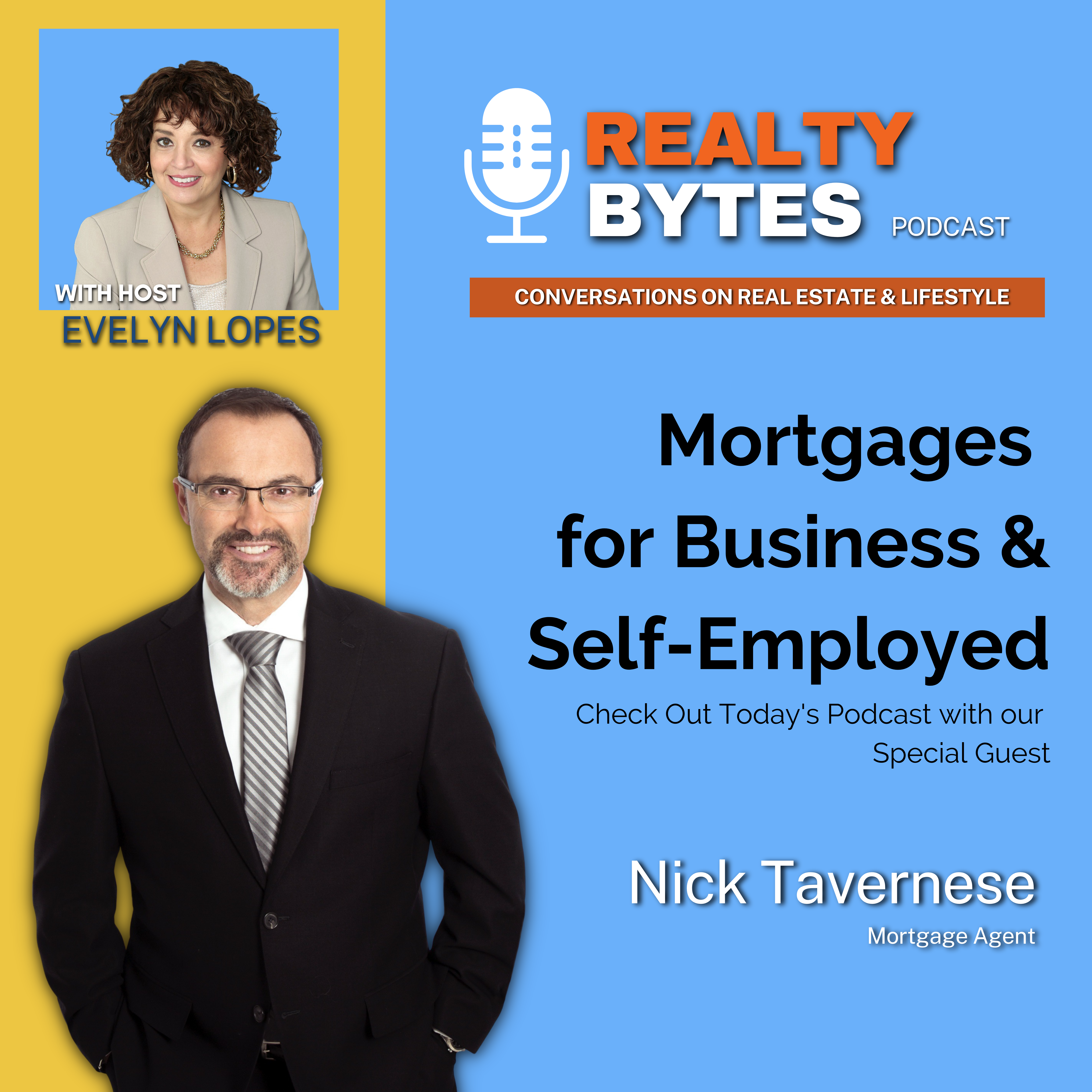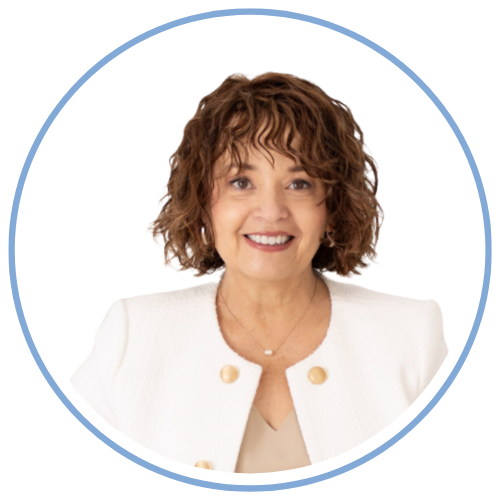Mortgages for Business and Self-Employed
Mortgages for Business and Self-Employed
Self-employment can be a great way to pursue your passions and achieve personal and professional fulfillment. However, it can also pose unique challenges when it comes to financing and qualifying for a mortgage. In this blog, we will explore the process of buying a property as a self-employed individual and discuss some key considerations when it comes to financing and qualification.
One of the biggest challenges for self-employed individuals is demonstrating their income. Unlike traditional salaried employees, self-employed individuals do not have a consistent or predictable income stream, and their earnings may vary significantly from year to year. This can make it difficult to qualify for a mortgage, as lenders typically require proof of stable and sufficient income.
To address this issue, self-employed individuals may need to provide additional documentation to demonstrate their income. This can include business stated income, financial statements, and tax returns (usually for past 2 years). However, it’s important to balance what the business actually makes versus what you report. While you may try to lessen the reported income to minimize taxes, keep in mind that you need to show sufficient income to qualify for a mortgage.
When it comes to financing, banks are looking for a few key factors, including credit, income, and debts. Self-employed individuals should aim to maintain a strong credit score and minimize their debts as much as possible. In terms of income, lenders typically look for consistent income over the past two years, as well as proof of future income stability.
Additionally, self-employed individuals may need to provide a larger down payment than traditional borrowers. Banks typically look for a minimum of 20% down payment for self-employed applicants, but some lenders may require as much as 35% for non-traditional conventional mortgages. This is because self-employed individuals are considered higher-risk borrowers due to the fluctuating nature of their income.
It’s also worth noting that purchasing a commercial property as a self-employed individual may require a different approach. Commercial mortgages typically have higher interest rates and more stringent qualification requirements than residential mortgages. However, commercial properties can also offer a variety of benefits, such as tax deductions and potential income streams.
To gain a deeper understanding of the process and what self-employed individuals can expect when it comes to securing financing. Recently on our podcast, Realty Bytes- Conversations on Real Estate and Lifestyles, we spoke with our guest, Nick Tavernese, a mortgage agent with Dominion Lending. Nick emphasized the importance of working with a mortgage agent who has experience working with self-employed individuals and can guide them through the process. You can check out our full conversation on your favourite podcast player.
In conclusion, self-employment can be a rewarding and fulfilling career choice, but it does require careful consideration when it comes to financing and qualifying for a mortgage. Self-employed individuals should aim to demonstrate their income through additional documentation and maintain strong credit scores and low debts. They should also be prepared to provide a larger down payment and potentially seek out specialized lenders or mortgage agents with experience working with self-employed individuals.
Nick Tavernese
Mortgage Agent
Dominion Lending Centres Clear Trust Mortgages
416-573-2641
nick.tavernese@cleartrust.ca

